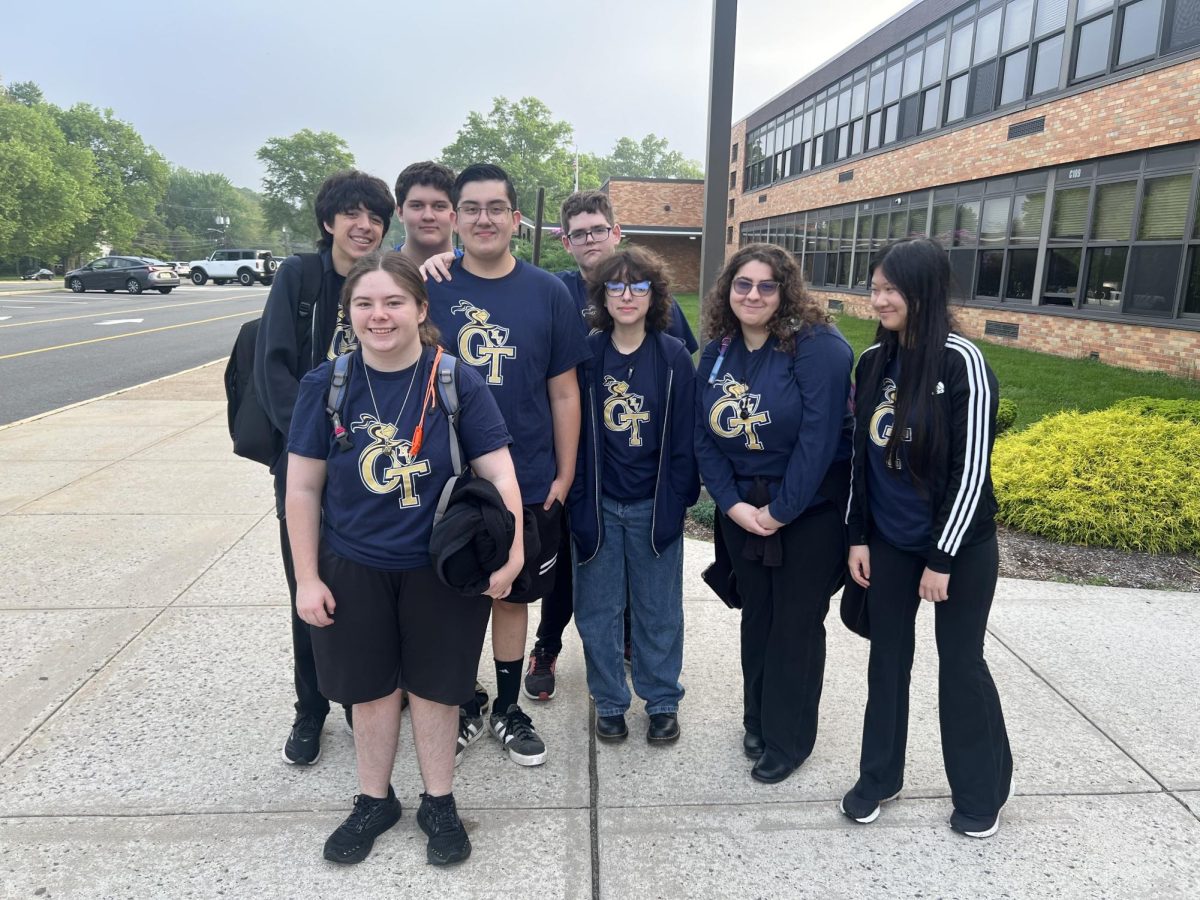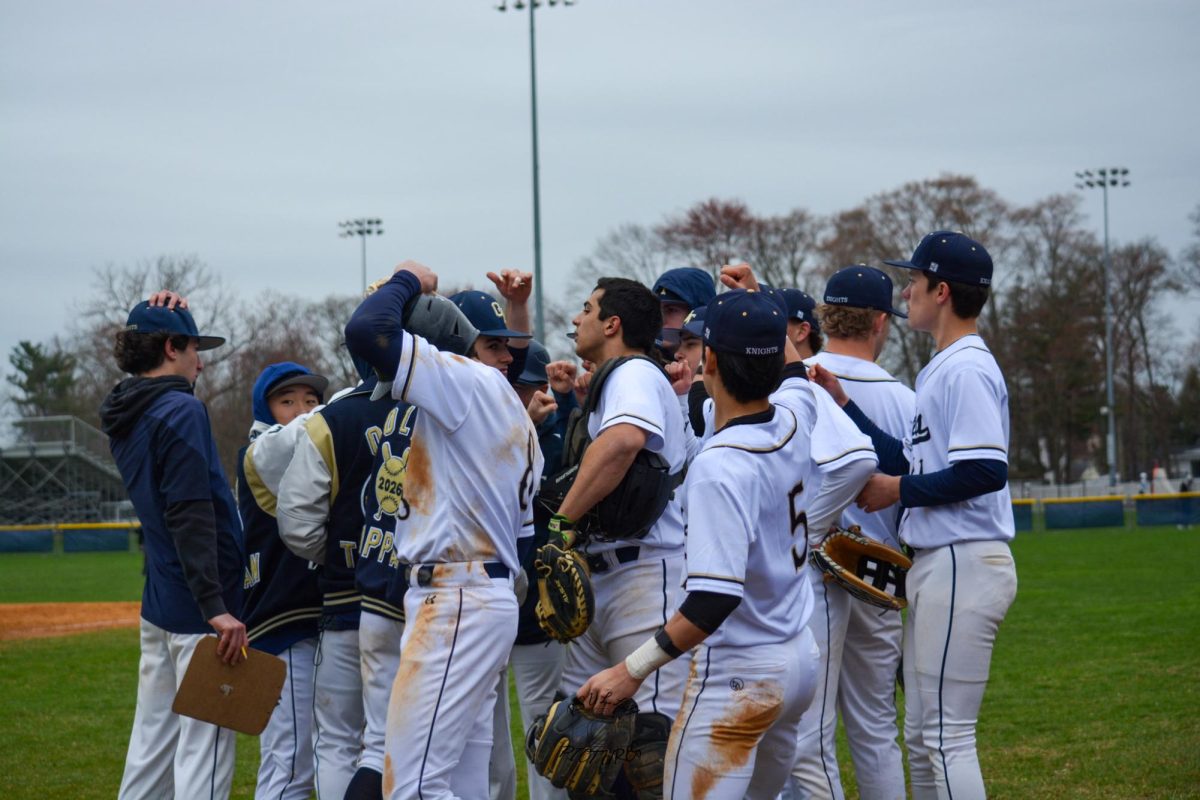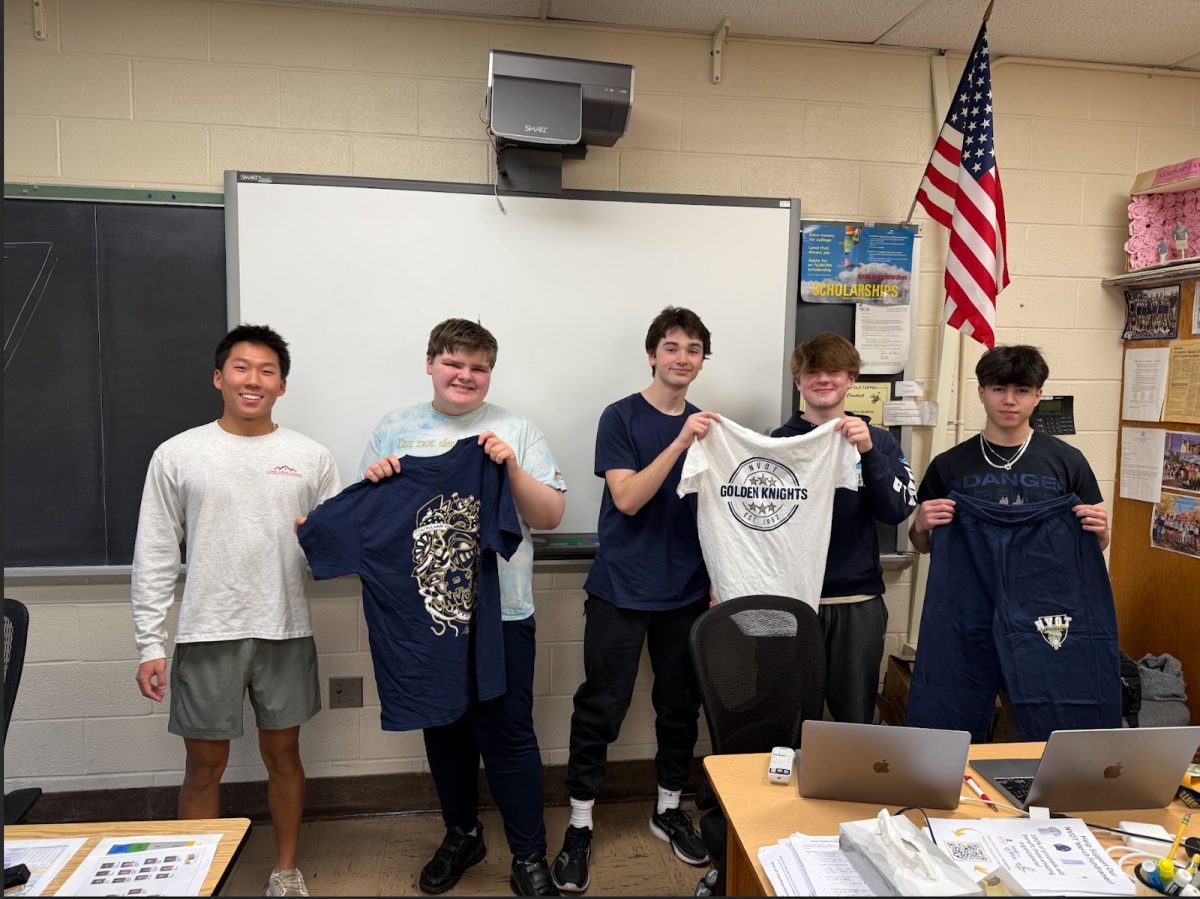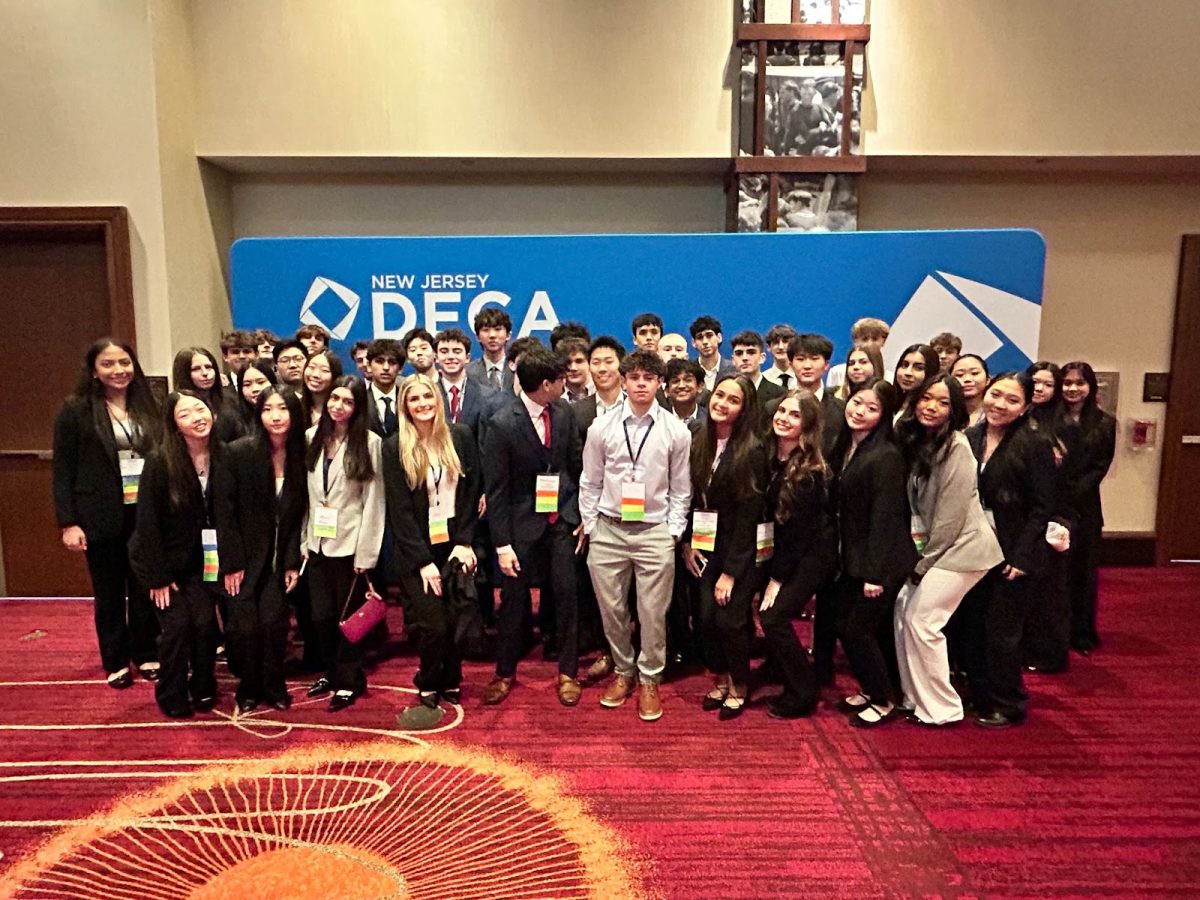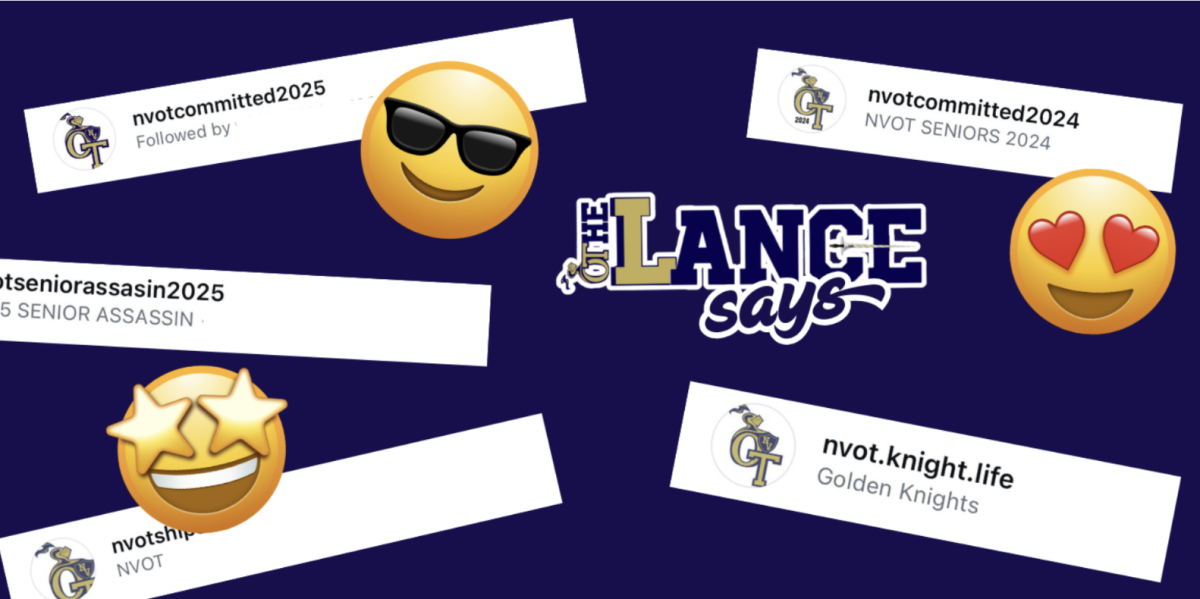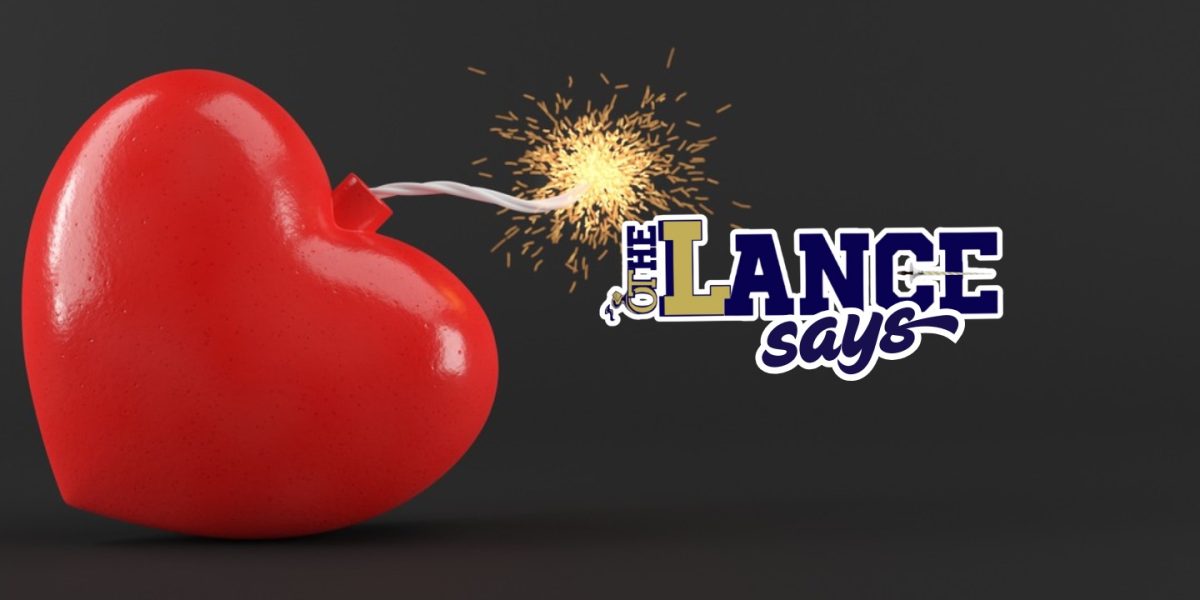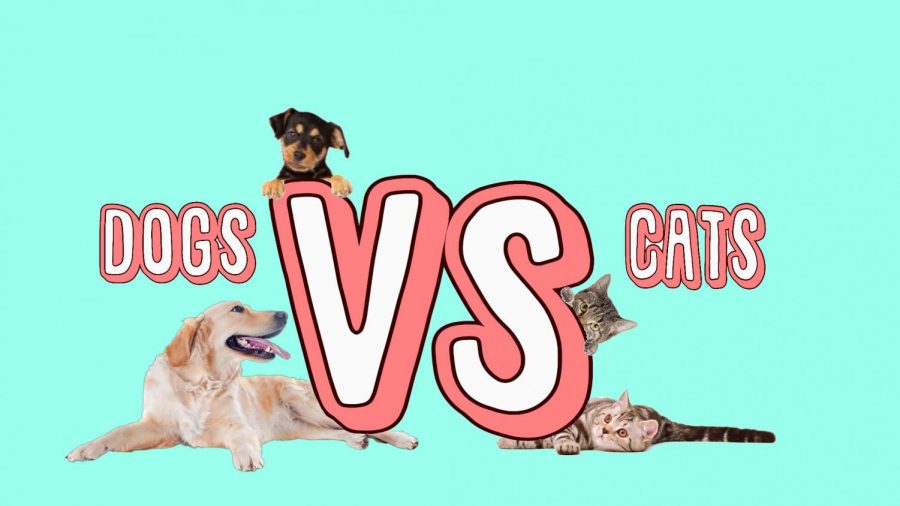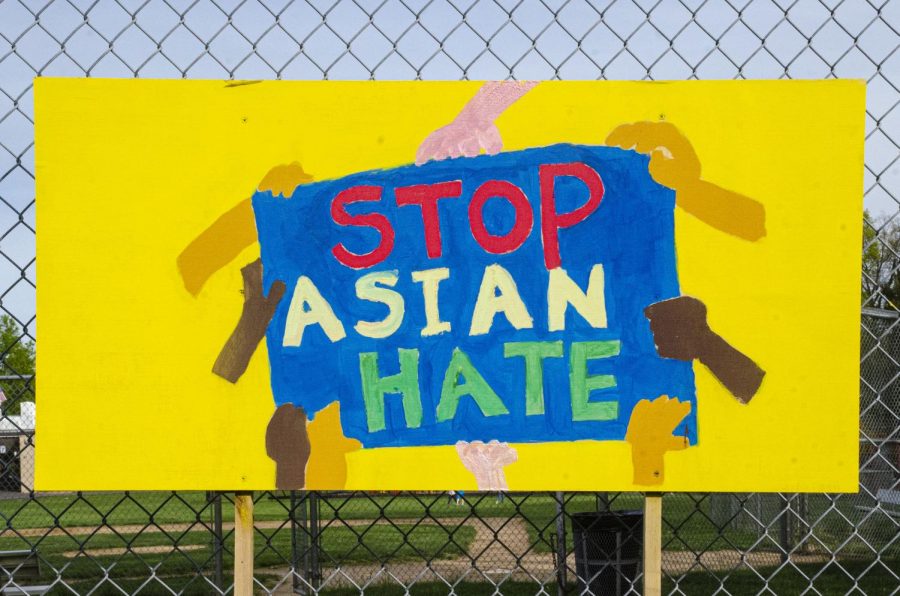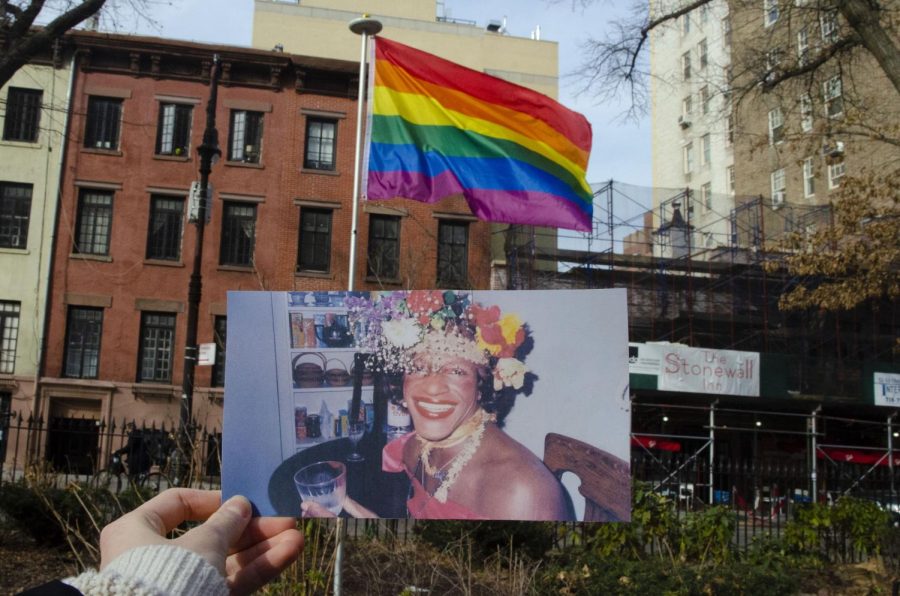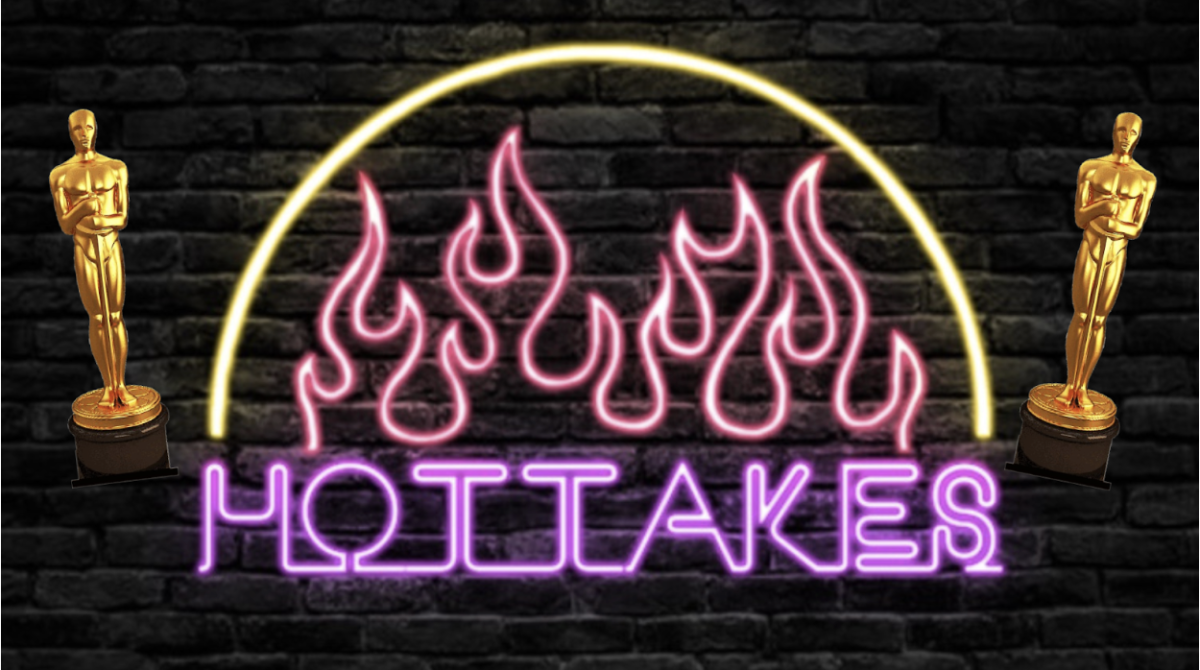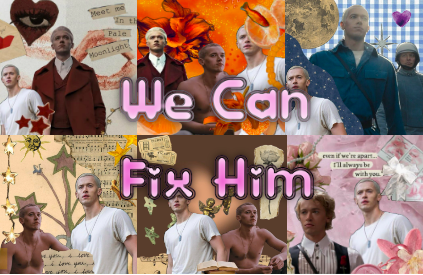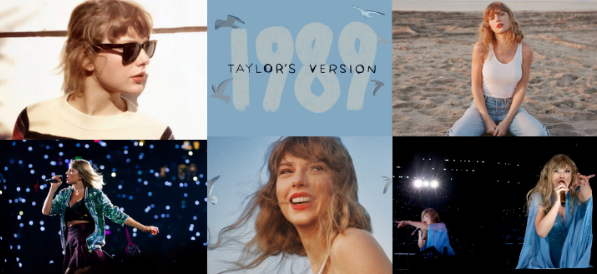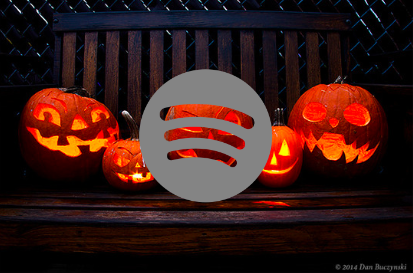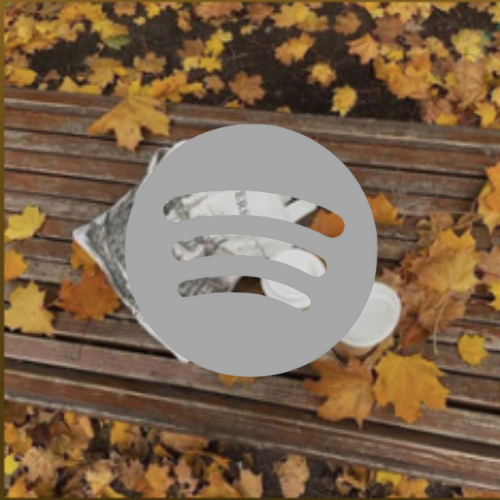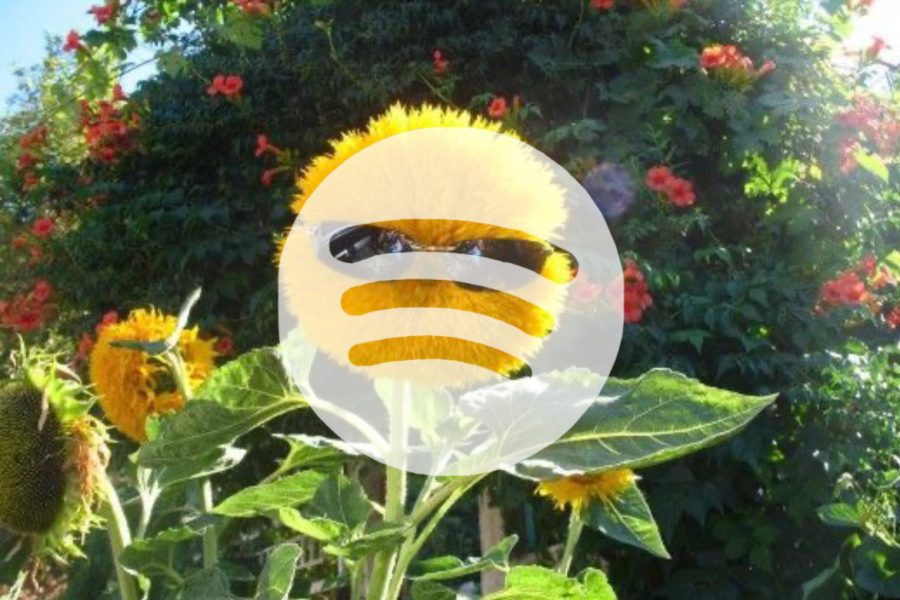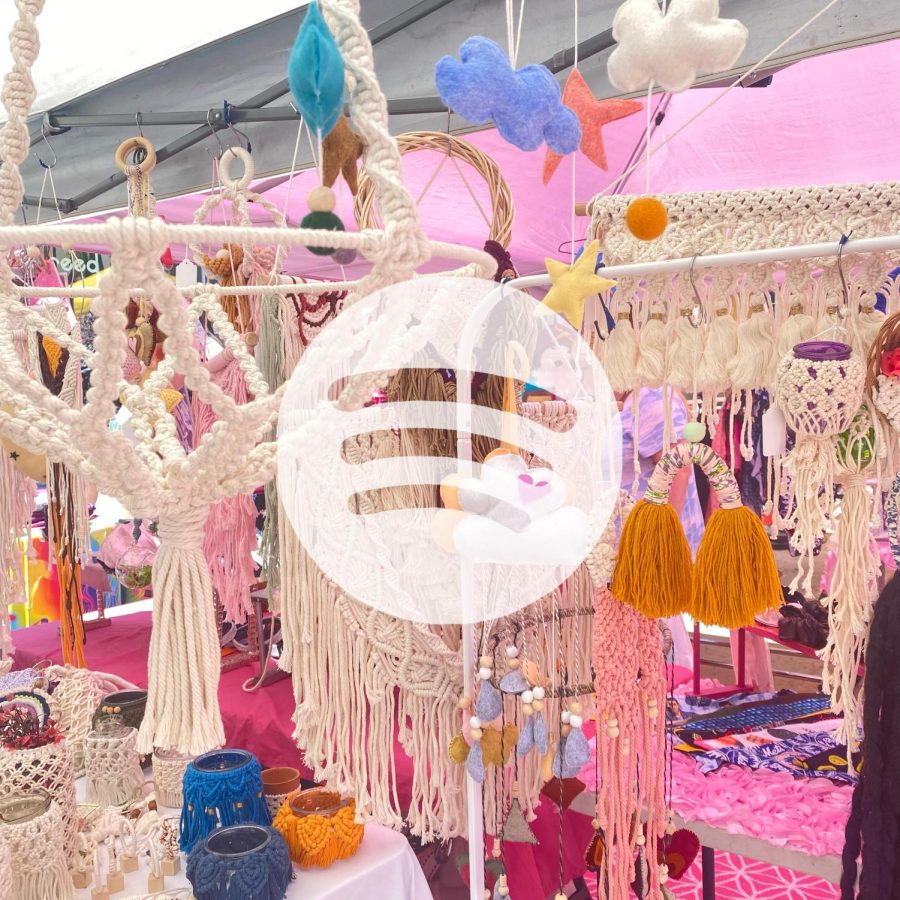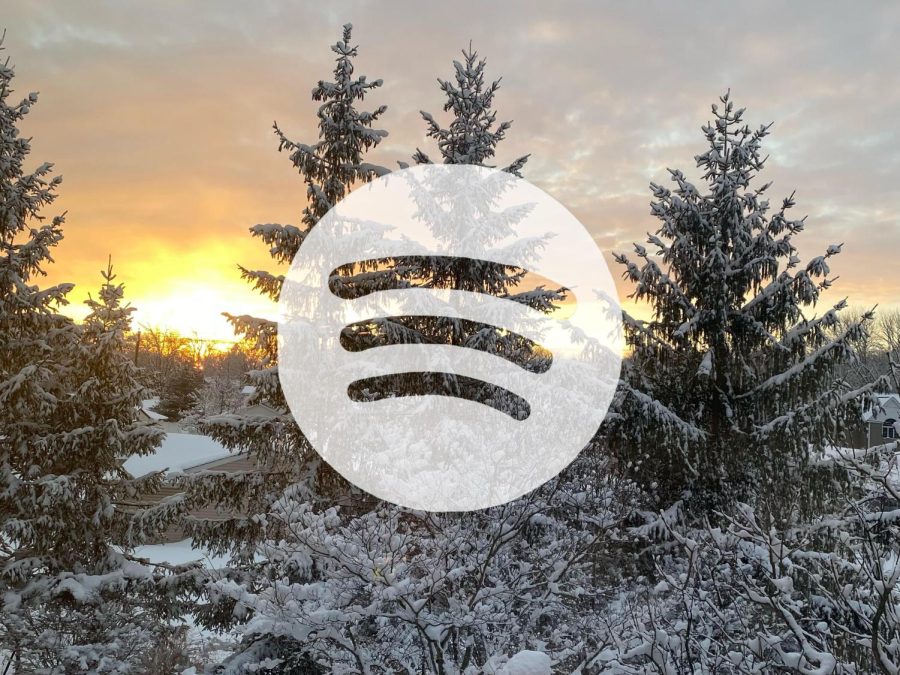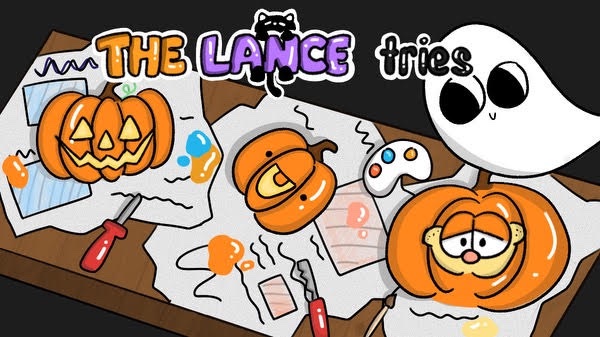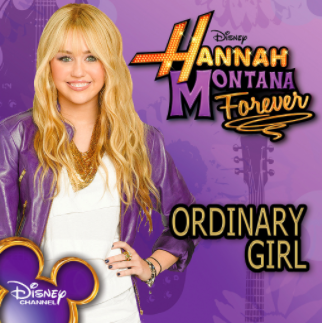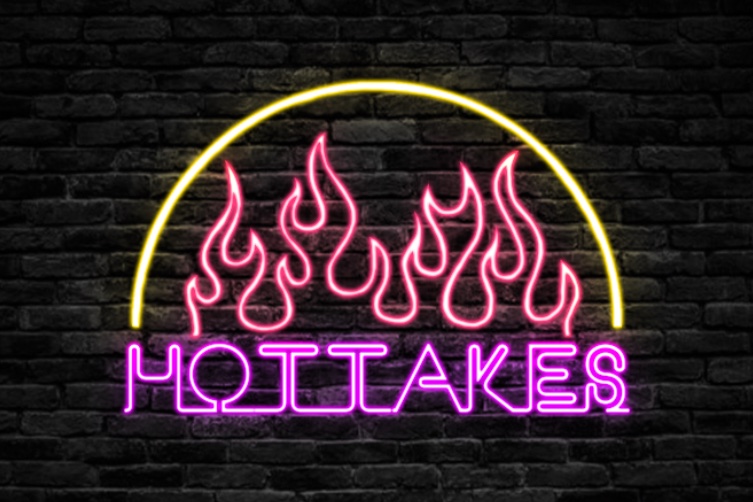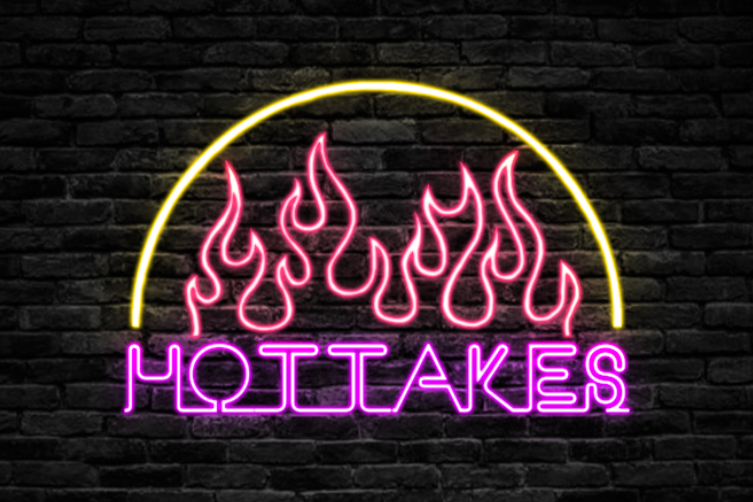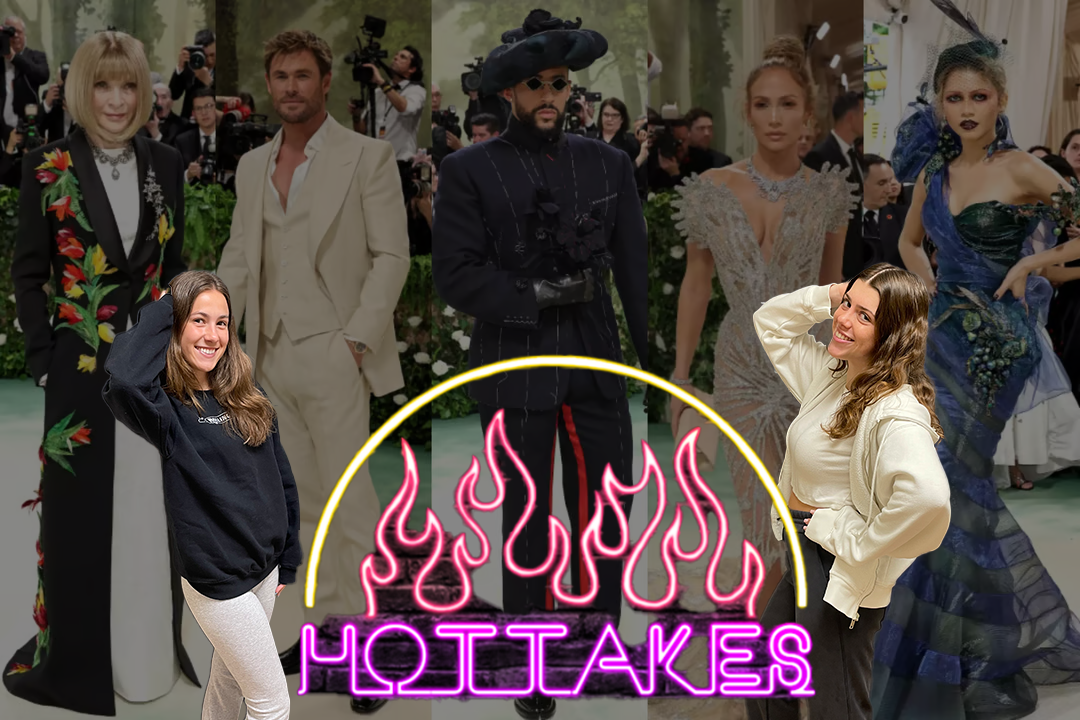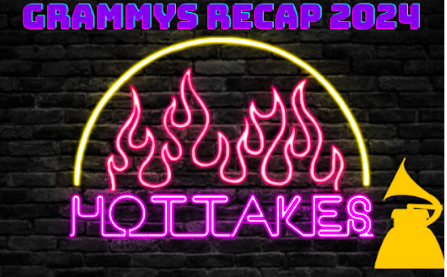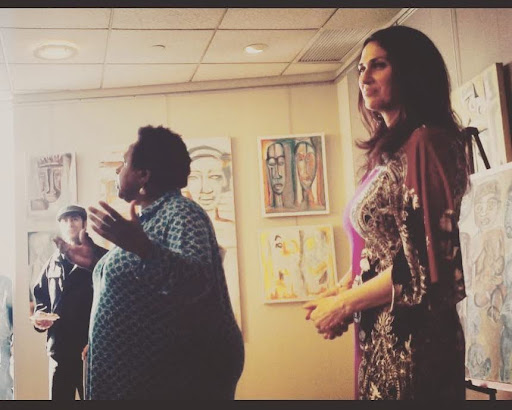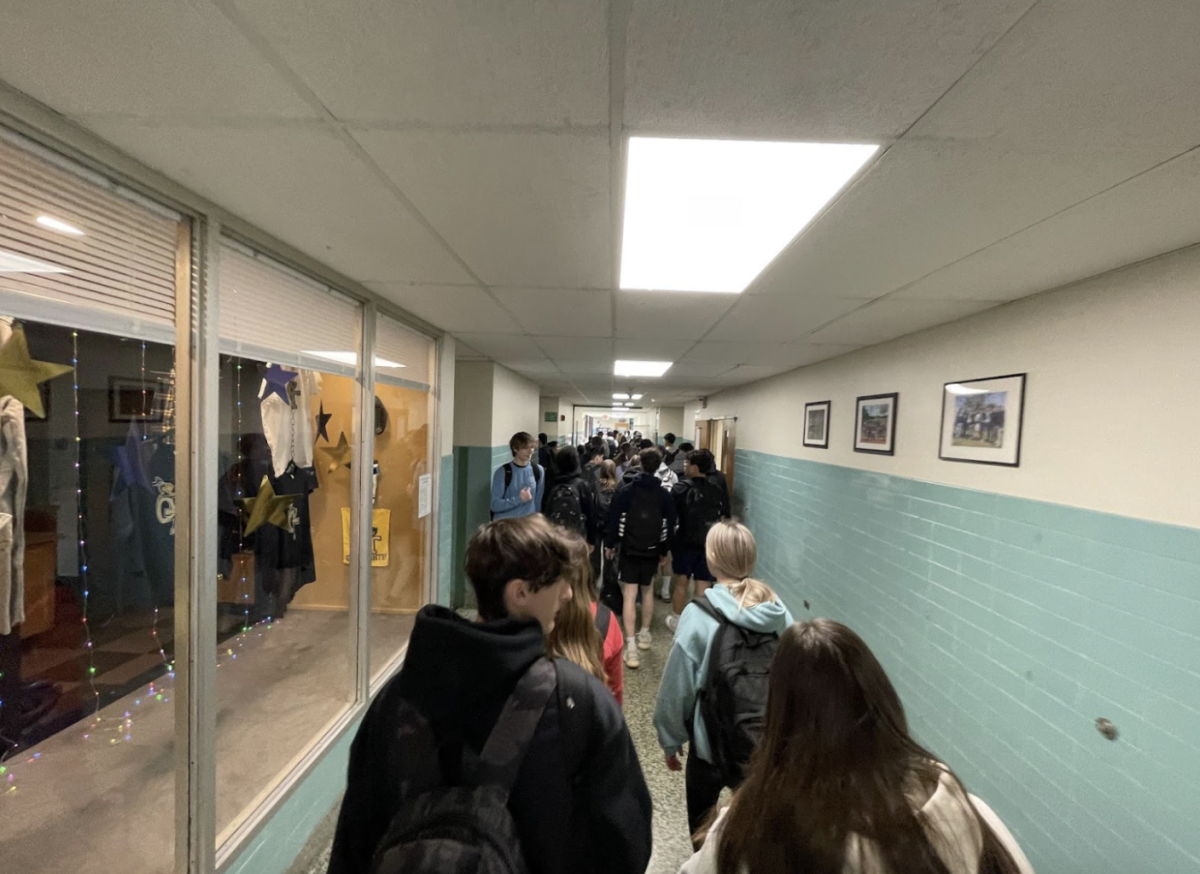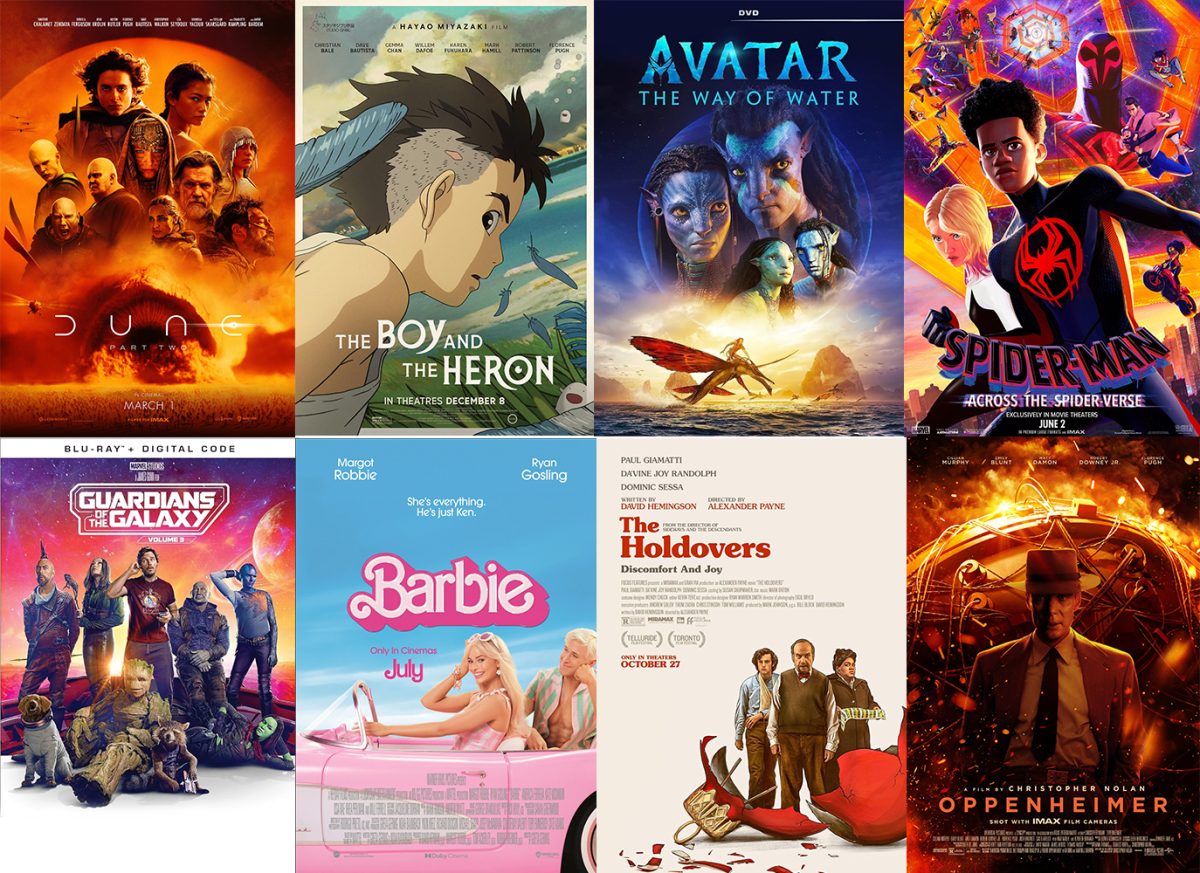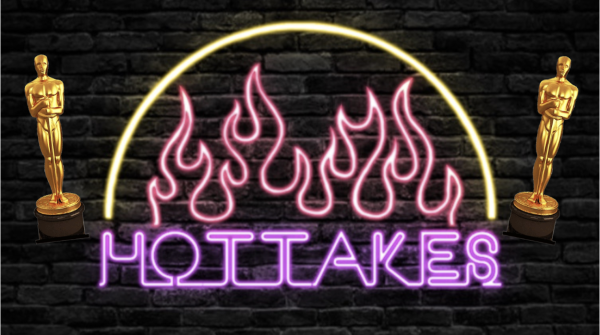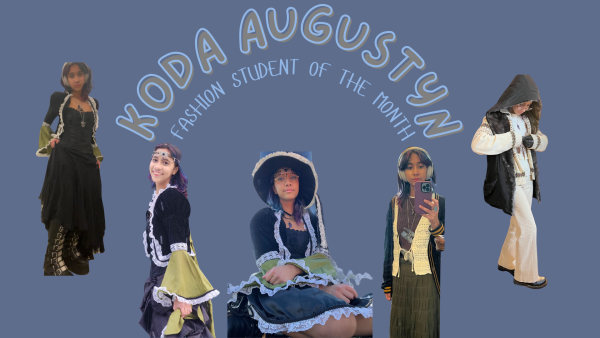Spoiler Culture in Social Media
*This article does not contain spoilers.*
Students are avoiding spoilers at all costs, which includes social media.
For one month, the internet took a hiatus from its usual no-man’s-land status and bonded over the unanimous understanding that amidst the millions of posts about these releases, no one should actually spoil them. This is impressive considering that social media platforms like Twitter and Instagram are often used as soapboxes for political movements, aggressive debate, and all forms of cyber-bullying. And yet, when it came to Avengers: Endgame and Game of Thrones, everyone suddenly came to an agreement.
Season eight of Game of Thrones was released after two long years of anticipation on April 14. Only eight days later Avengers: Endgame opened in box offices nationwide. Of course, the internet exploded with content surrounding these two smash hits. Thousands uploaded tweets, memes, YouTube videos, and posts of all kinds on all social media platforms, but each one had the same theme: spoilers.
Usually, we only see this type of united action under the threat of war. But for the first time, a type of pseudo-nationalism around spoiler culture is developing.
When these releases first dropped, people avoided social media as a whole, and those who were browsing, scrolled with caution. But, it quickly became evident that this time around was different: internet users began looking out for one another.
Meme accounts, the outlaw kings of social media, are posting spoiler alerts for their followers, warning them not to swipe left if they haven’t seen the latest episode of Game of Thrones or Avengers: Endgame. Moreover, a new meme trend is emerging–posting spoilers without context, so that even if someone hasn’t seen the Avengers: Endgame yet, they can still get a laugh (even if they feel very confused).
Most of the time, influential movies and shows are praised for how well they capture a time period, cultural movement, or societal struggle. But their influence extends beyond the eight seasons or three hours that they aired. Trends like these are monumental because they reflect a modern sense of community that couldn’t exist without technology or social media.
This unanimous understanding is important to recognize especially during a time when the internet is receiving so much backlash, and understandably so, for how chaotic and lawless it can be. Though a lot of terrible things have spawned from the internet and modern technology, it is important to recognize the good that comes from them as well. Bonding through the use of modern technology, even over cultural fads like spoilers, is a new age form of community and it is something that will reflect upon our generation and how it functions in years to come.

